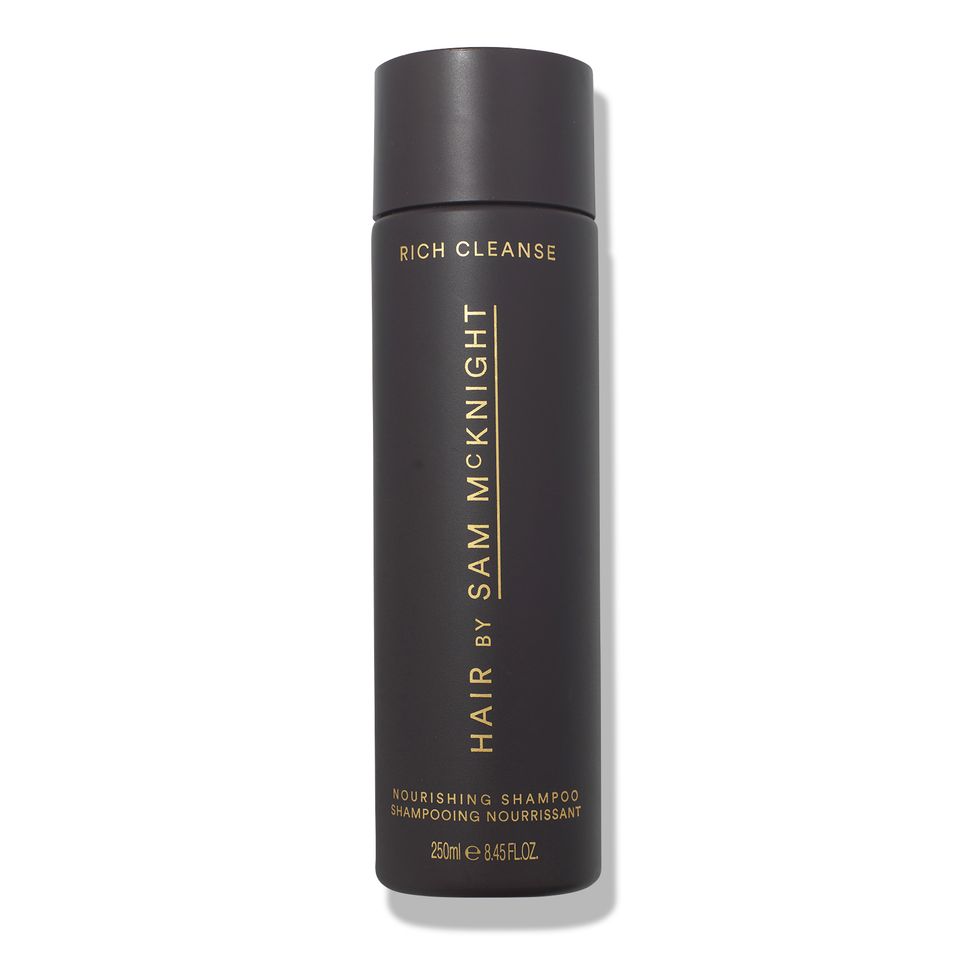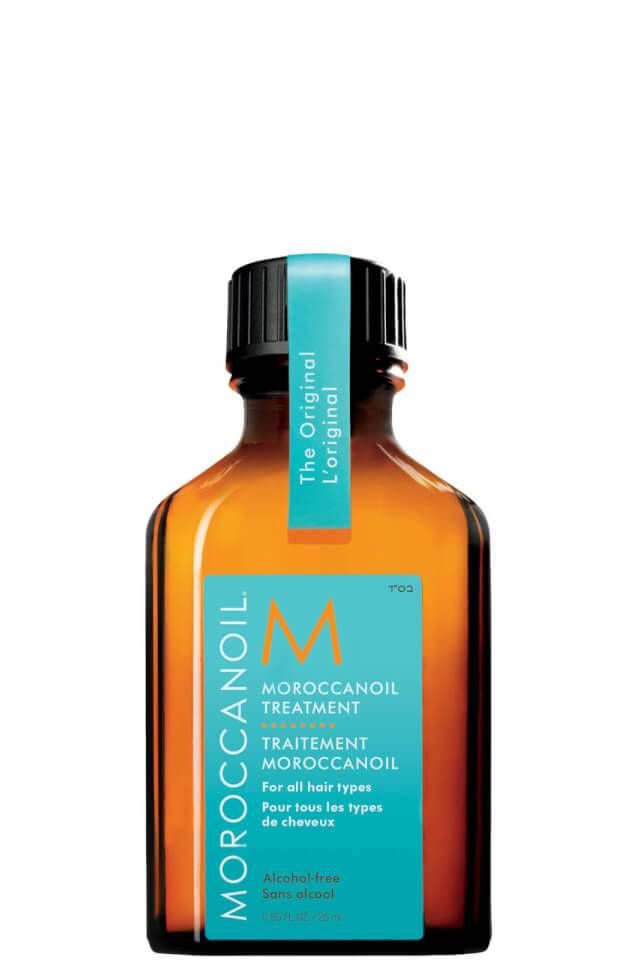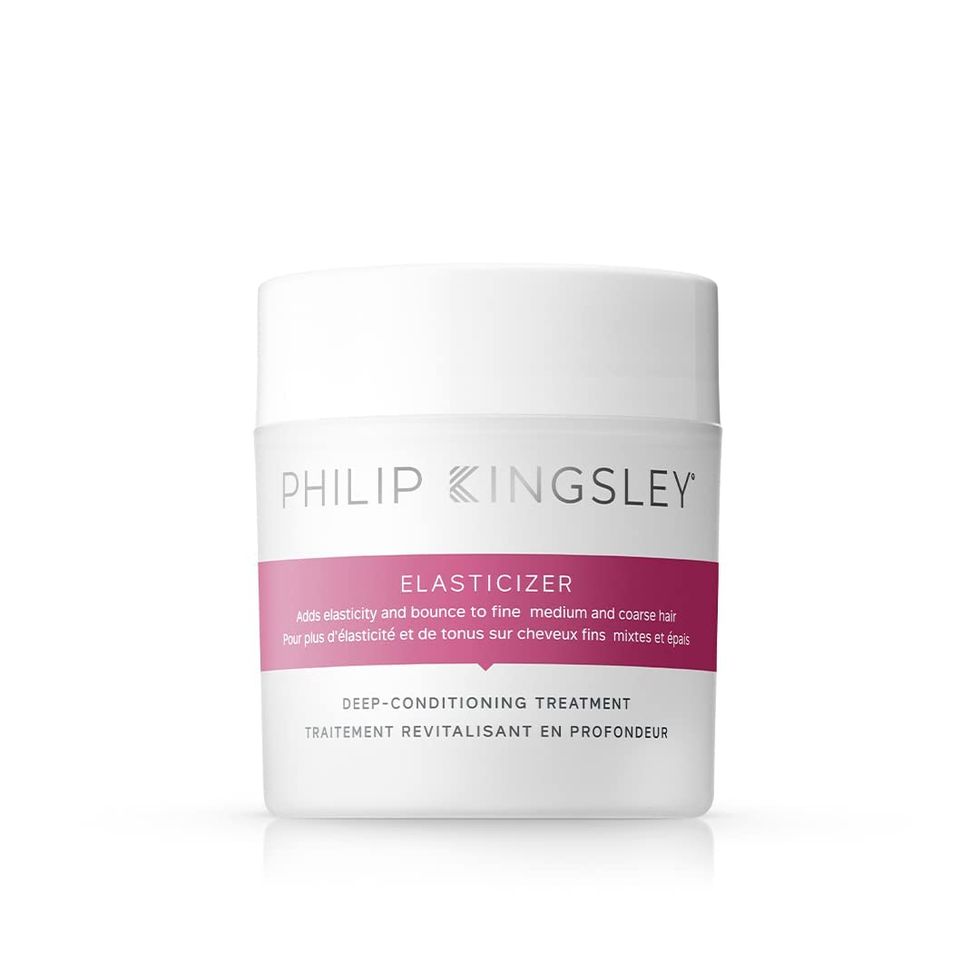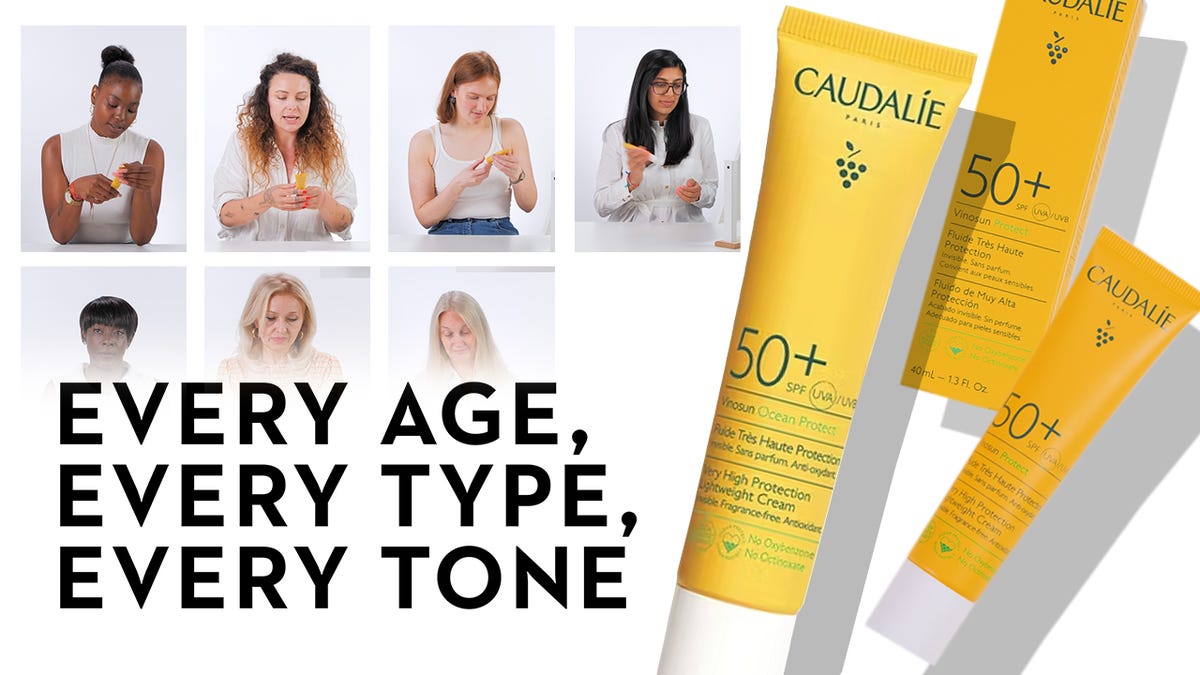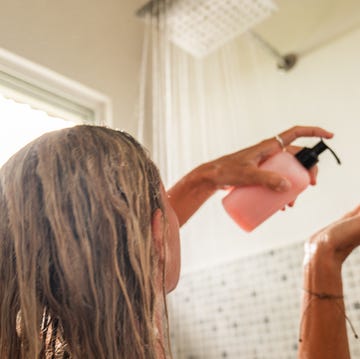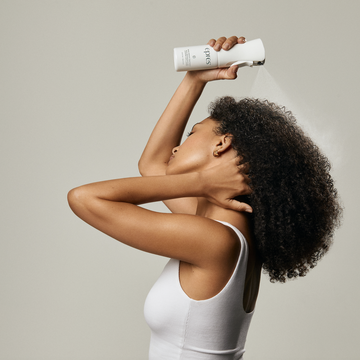No one wants to be That Person on the beach – the one who fusses around in the sea trying not to get their hair wet. If you’re anything like us, whether you’re in the Med or Mudeford, you’ll want to crack on with your front crawl, or lark around enjoying yourself, without having to give a second thought to your hair.
Salt water, however, does have its downsides. So we’ve asked the experts how best to prevent and deal with this damage to minimise its interference with our fun.
Is sea water bad for your hair?
In short: yes, it can be. “While a natural, air-dried, tousled wave (courtesy of the crunchy salt) can look great, too much salt water can do damage to your hair,” says Kala Kilshaw, owner of Portsmouth-based hair salon Kilshaw & Co.
“Sea water and chlorine both swell the cuticle on the outermost layer of the hair, making it vulnerable to damage,” she says. This corrodes some of the hair’s natural protection, which in turn makes it dry and prone to breakage, more tangled and knotty, can fade colour and irritate the scalp.
How do you keep your hair in good condition on holiday?
“A care ritual is essential,” says Sam McKnight, celebrity hairdresser and founder of eponymous brand Hair by Sam McKnight. Sam suggests double cleansing the hair with shampoo: “The first cleanse will remove salt, pollution, product build up and sebum, and the second cleanse will allow your hair to reap the benefits from your cleanser.” Follow up with a nourishing leave-in conditioner or hair treatment, more on which below.
On top of this, Sam urges knowing which ingredients to look out for in a shampoo or restorative treatment. “Look for ingredients known to nourish and repair, such as nutrient-rich seed oils like sunflower seed. Castor oil is also an incredibly nourishing oil, high in vitamin E and omegas 6 and 9, which are known to replenish moisture levels.”
You can be pre-emptive, too, by applying a barrier product before you enter the water. “Apply a hair formula containing SPF,” says Jamie Stevens, director of Jamie Stevens hair salon. “Comb it through the hair and leave it wet. It’ll form a protective barrier around each strand from the salty water and the UV.”
“If you have thick, coarse hair,” continues Anna Wiig, stylist and founder of wiig haircare, “try leaving your conditioner in when you go to the beach.” This can be any type of conditioner (not necessarily a leave-in) and will act as a (partial at least) barrier to salt water.
Can you leave salt water in your hair overnight?
Virtually all stylists will recommend that you rinse your hair with fresh water as soon as you’ve finished swimming. “Leaving salt water on the hair for too long just prolongs the damage it can do,” explains Nadia Dean, senior stylist at John Frieda salons. “Rinse it as soon as you can, even if it’s just with bottled water you have on the beach.”
“Especially if you’re going to be sitting out in the sun!” adds Anna.
How do I treat my hair after contact with salt water?
“I would recommend using a leave-in conditioner or treatment directly after you’ve rinsed your hair to protect it post-swim, prevent tangles, and keep it smooth,” says Anna. And while this kind of intense hydration is particularly important for those with coarse or curly hair, which can become very dry when it comes into contact with the sun and sea, it’s also crucial for all hair types post beach. If you’re clever, it can also double as a look for an evening out.
“If you’ve got curly hair, when applying your intensive conditioner, leave-in or mask, twist the hair around your fingers as it dries, embracing your natural texture,” recommends salon owner Karine Jackson.
Alternatively, for those with shorter hair, you can go super-slick. “Comb it so it’s slicked and sleek to the head, either brushed back or with a straight parting,” suggests Neil Smith, artistic director at Barrie Stephen.
For long, straight hair, Neil suggests “applying a leave-in and sweeping the hair into a high ponytail. Twist the ponytail into a loose knot and pin it securely in place. The finish is simple, elegant.”
This allows you to leave your hydrating treatment in all evening, which is great for restoring condition. You can shop our pick of the best products to rescue beach hair below.
In need of some positivity? Enjoy Good Housekeeping delivered directly to your door every month! Subscribe to Good Housekeeping magazine now.




